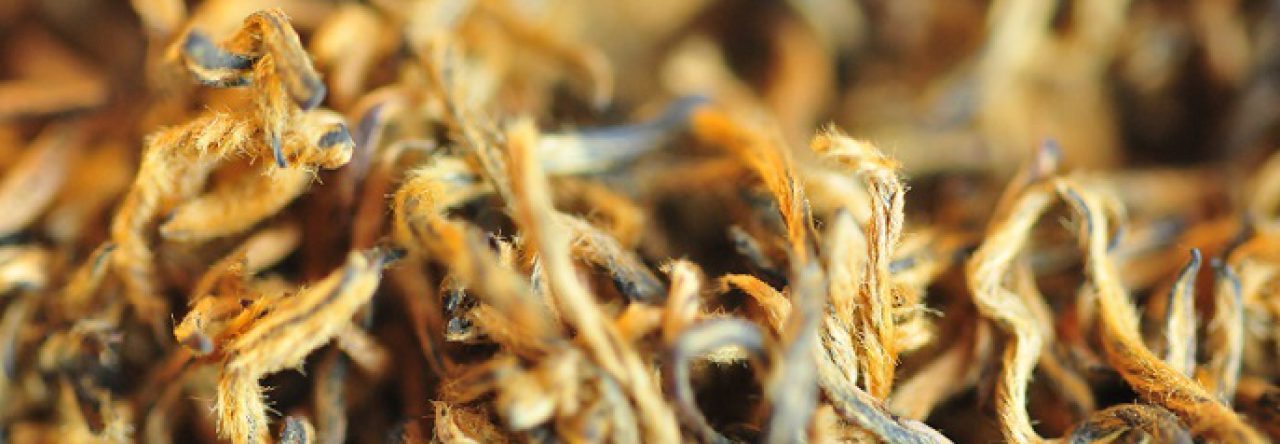UN has declared 2022 as “International Year for Artisanal Fisheries and Argiculture”. This declaration would be a great news for many Chinsee tea farmers who devote their life and energy in preserving the artisanal quality tea in tea based on the accumulated wisdom, methods and traditions that we inheritant from our ancestors in the past thousadnds of year in China history.
Anyone who appreciate tea knows tea is a natural agricultural product but not industrial product, accumulated wisdom and traditional know how are hardly be replaced or duplicated by modern machinery processes. Appropriately manage the biochemical and micro environmental factors are critical foundation for the sustainability of tea farming.
Artisan tea basically means tea involves with skillful works and manual (or semi-manual) processed, and that is the critical quality standards for many Chinese special famous teas from China today. The tea quality classification standards in China are still stick to the ancient traditions which heavily involves with manual efforts in tea picking to production.
China has been through many changes in history but the living wisdom and cultural traditions have been accumulated without breaking up. Artisan teas are still considered as the best quality teas in China today and here are some basic principles of Chinese special famous teas:
- Started from ecological balanced conditions in the tea growing region (in practice, it means use only natural composed fertilizer, maintain the healthy soil conditions by not over doing the fertilization, forestry coverage in the tea growing regions is in the priority for the sustainability development program in China.
- Manually grass removal by respecting it to complete its life circle is important to protect tea trees, in the Autumn grass grow in the tea farm will play a protector role to against the cold winter and to prevent drought under the threat of global climate change.
- In the framework of sustainability development, the collaboration relationship with the local community to arrange the tea picking, it helps to improve family income and living conditions of the local community;
- tea production manually by respecting the traditional methods and wisdom are playing critical role to ensure the quality
- Geographic indications are critical. Today there are many countries grow and produce tea, tea trees can be migrated, production processes can be learned and copied, but not the ecological and micro-environmental conditions, i.e. air, water, latitude/altitude, sunlight, temperature differences in day vs. night, shadowing, moisture in the air….etc.
- Artisan teas definitely should be pure in its flavors and tastes, freed from any additional flavor or other addictives. Artisan tea is as if a natural beauty, her beauties are from within without additional ‘make up’ or ‘make over’.
In Chinese tea culture, tea is more than craftmanship of tea, it prevails how Chinese traditional moral standards based on “earthy”, ‘honesty’ and ‘respect’ are actually lived through actions despite all those political and cultural changes that happened in China in the last nearly 5000 years. Tea is more than enjoying fine and pure flavors in tea, it is about how we can enjoy a moment with tea when to implement the fundamental respects, to the Nature, to others and mostly not to forget the respect to self, without preconceived judgement and differentiation mind. When we enjoy the pure and authentic quality tea, our mind and emotion are also enlightened by its devine spirit in tranquility. Mindfulness is more than a attractive buzzword or fancy demonstration but how we truly enjoy living through a cup of tea.


Leave a Reply
You must be logged in to post a comment.